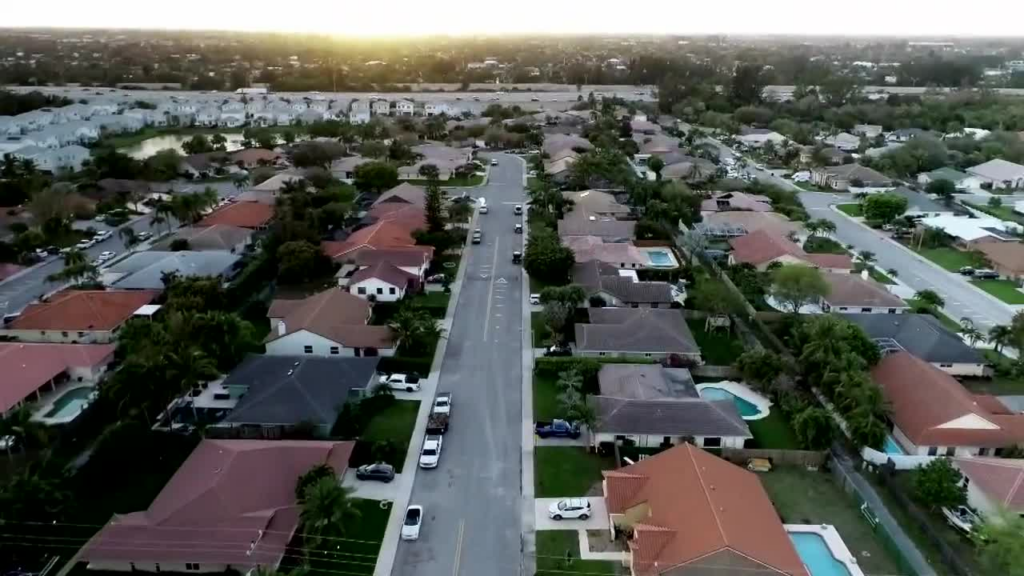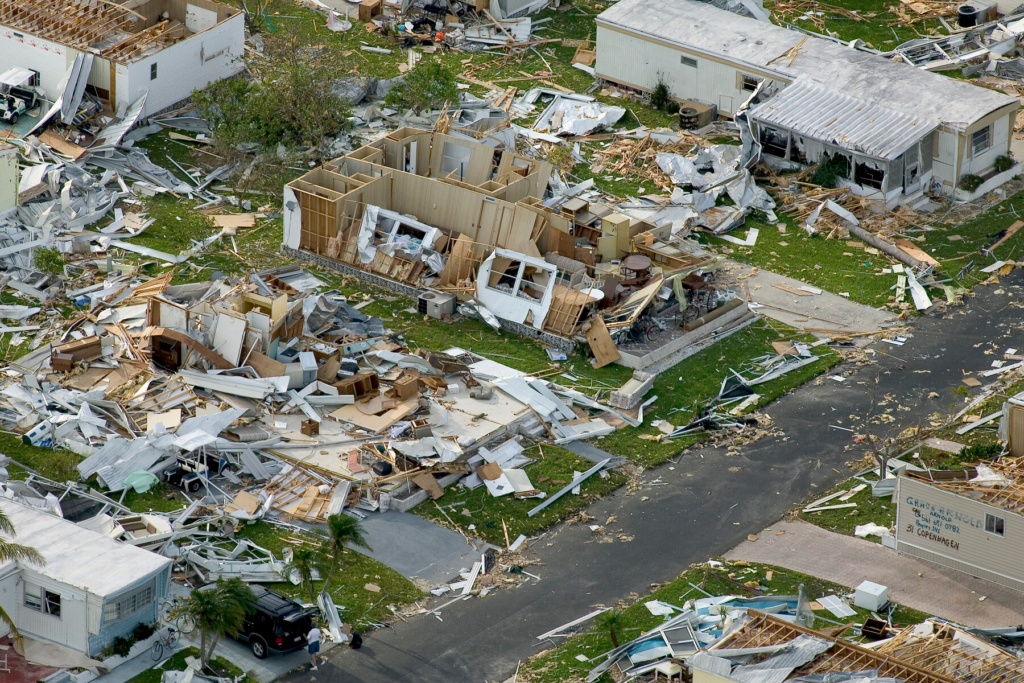
Reinsurers are showing a diverging appetite for Florida property catastrophe risk ahead of further anticipated price increases and coverage constraints going into 2023.
The rating agency Moody’s noted that many reinsurers chose to hold steady or cut their Florida exposures during the June 2022 renewals, in an effort to improve over-the-cycle returns and reduce earnings volatility from natural catastrophes.
And this was despite double-digit rate increases, tightening terms and conditions, and recent legislative changes aimed at tackling Florida’s unfavorable claims litigation environment.
Aside from the Florida Hurricane Catastrophe Fund (FHCF), the largest global reinsurance groups continued to show the strongest risk appetite for Florida property catastrophe risk, in part driven by rising prices.
In contrast, a number of mid-sized and specialty reinsurers chose to reduce capacity or exit the market during the most recent renewals, suggesting that their expected returns were not commensurate with their view of risk.

U.S. coastal states such as Florida, California, and Louisiana are experiencing a growing property insurance crisis that is being driven by man-made events, highlighting the need for reinsurance capital to absorb more of the risk as carriers navigate a testing environment.
Reinsurers have experienced poor profitability in their Florida programs in recent years, because of a combination of high catastrophe losses and claims litigation costs significantly above the US average.
At the mid-year renewals this year, smaller, less well capitalized reinsurance buyers continued to get less favourable reinsurance prices, coverage and terms and conditions than their larger, better capitalized peers.
Small, Florida-only insurers are likely to face steeper price increases, it added, and experience the greatest difficulty in securing reinsurance protection.
Because some reinsurers will likely continue to limit their Florida property catastrophe writings into 2023, we expect non-traditional reinsurance to continue to play a key role in Florida property catastrophe risk transfer.
On alternative capital, this class to remain an important part of Florida’s reinsurance market, with Florida issuers having accounted for 13% of total catastrophe bond issuance in 2021, and cedant demand remained strong in the first half of 2022 despite widening spreads.
The Florida Hurricane Catastrophe Fund (FHCF) is a tax exempt state trust fund that provides reimbursement to residential property insurers for a portion of their Florida catastrophic hurricane losses. It is intended to be self-supporting, with funding primarily from actuarially-determined premiums paid by residential property insurance companies, and, in some circumstances, revenue bonds backed by emergency assessments on a variety of property and casualty insurance premiums.
by Peter Sonner




